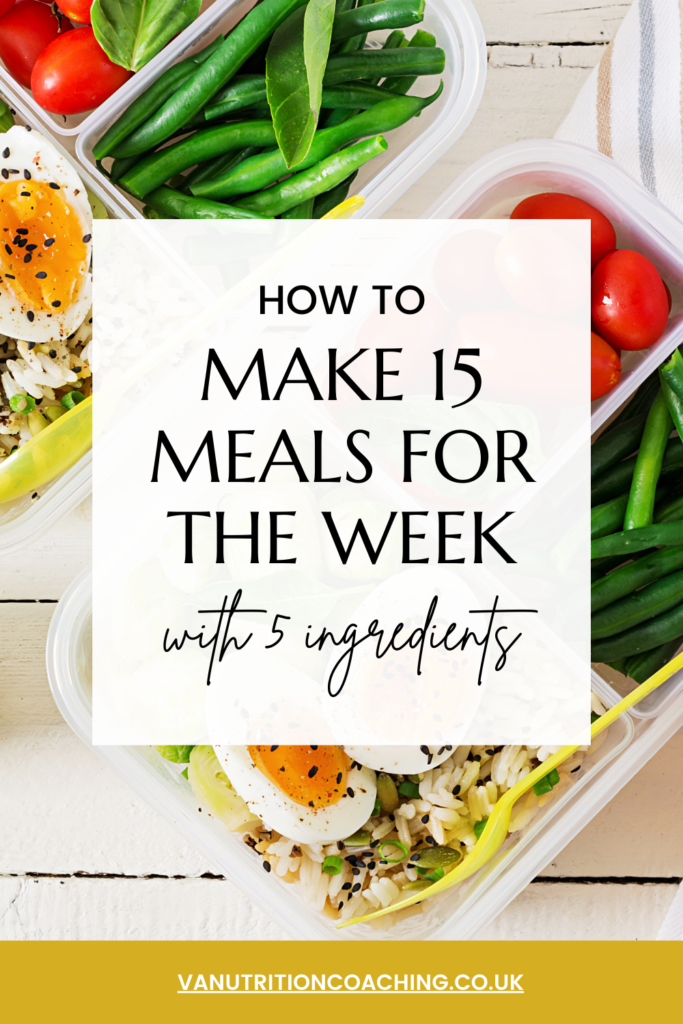APPLE | STITCHER | SPOTIFY
The Five Habits of People Who Successfully Lose Weight
Skipping Meals
Skipping meals is the worst thing you can do if you’re trying to lose weight. Although it may seem like a good idea at first, skipping meals can actually cause weight gain and ruin your metabolism. Let’s take a look at some of the negative effects of skipping meals:
- Skipping Meals Can Lead to Overeating Later
Brain research, diet psychology and mindful nutrition have shown that when we skip breakfast, lunch or dinner and then finally eat again later in the day, this results in “gorging” or “binge eating” behavior that can cause overeating when we eventually sit down for dinner.
- Do you skip meals thinking this will help you lose weight any faster? It won’t. In fact, it will likely have the opposite effect, which means you’ll probably end up HANGRY and angry at the same time, and if you’ve been there, then you KNOW how bad that feels (no shafe friends, I been there too – so don’t do it!)
Eating a Late Dinner
- You’re probably thinking, “But it’s so late! I can’t go to bed without eating something.” But I’m here to tell you that yes, you can. There are plenty of nutritious foods that can help you feel full and satisfy your hunger before bed—without all the sugar and calories of a late-night snack. And if you know anything about sleep hygiene and healthy weight loss habits, then you know that eating a late dinner is one big no-no. Here’s why:
- Eating too much food before bedtime can throw off your sleep cycle by causing stomach distress or heartburn while also preventing optimal digestion during REM sleep (when most of our body’s repair work takes place). A study published in The Journal of Clinical Endocrinology & Metabolism found that this kind of indigestion can lead to increased levels of ghrelin, which floods the brain with hunger signals even when we’re full on a cellular level! That means we may end up reaching for junk food or unnecessary snacks when we wake up groggy—and before long those extra pounds will start adding up fast.
Not Getting Enough Sleep
There are a number of reasons why sleep is important for weight loss. First and foremost, the hormones that regulate your appetite are more active when you’re awake, so they keep telling you to eat. When you’re asleep, those same hormones deplete and send signals to your brain that it’s time to stop eating. Secondly, sleep deprivation can lead to poor decision-making skills and general bad behavior (like eating at night). Finally, when you’re tired from not getting enough sleep, any exercise routine will seem like too much effort or will be forgotten altogether!
Stressing Over Weight Loss
Stress can wreak havoc on your body, and if you’re under a lot of stress while trying to lose weight, it might be because you’re trying to do too much. It’s easy to get wrapped up in the idea that we have to do everything all at once—that if we don’t commit ourselves 100 percent and make dramatic changes right away, then nothing will ever happen. But when it comes down to it, this isn’t true. If you want to lose weight successfully and keep it off for good (which is what everyone wants), then you need small steps with long-term goals in mind.
Eating Too Quickly
Eating too quickly is one of the easiest, most common habits to get away from. When you eat more slowly, you’re able to recognize when your body wants more food. And by slowing down and paying attention, you can also appreciate the taste of your food more—which will help prevent overeating later on.
The benefits of eating slower are so obvious that they don’t need much explaining! But if this still isn’t enough motivation for you, consider this: eating slowly means eating less overall. Eating slowly also leads to feeling fuller longer—and ultimately helps control appetite cravings throughout the day, which could mean an easier time keeping weight off long-term.
The faster you eat, the more you tend to eat, and the less time your body has to register that it’s full. If you eat slowly enough, your brain will catch up to tell your stomach when it’s full!
You should definitely slow down when you eat. This helps ensure that your brain catches up with your stomach, and you don’t overeat. However, just as it’s important to not eat too quickly, it’s also important not to eat too slowly. If you’re eating slower than usual but still taking in more food than usual (particularly if it’s high-calorie foods), then there’s a chance that this could lead to weight gain!
There are many reasons why eating too fast might be bad for your health:
- It can cause digestive problems like bloating or gas. If these symptoms happen consistently after meals, talk to your doctor about them! They may be caused by undiagnosed allergies or sensitivities; ask them if they can test for those things before starting new medications/diets/exercise regimens/supplements/etceteras.* Eating too fast also makes us miss out on important nutrients in our food because we aren’t chewing long enough before swallowing – which means that less calories get absorbed into our bodies.* Finally (and most importantly), eating quickly doesn’t give our bodies enough time to register how full they really are! So while we may be consuming less calories overall due to this habit – what little nutrition is being absorbed isn’t enough compared with what would normally get absorbed when someone eats more slowly.* Be sure not only think about how much of each food type is being consumed during one sitting – but also consider how often those foods are being consumed throughout the week as well!
These habits are so ingrained in our society that we don’t even realise how destructive they can be. In fact, many people have been doing them for years without ever realising that they’re not helping you lose weight at all! If you’re trying to lose weight and aren’t seeing results, then it might be time to rethink your approach.
Need More inspo?


view + leave comments . . .